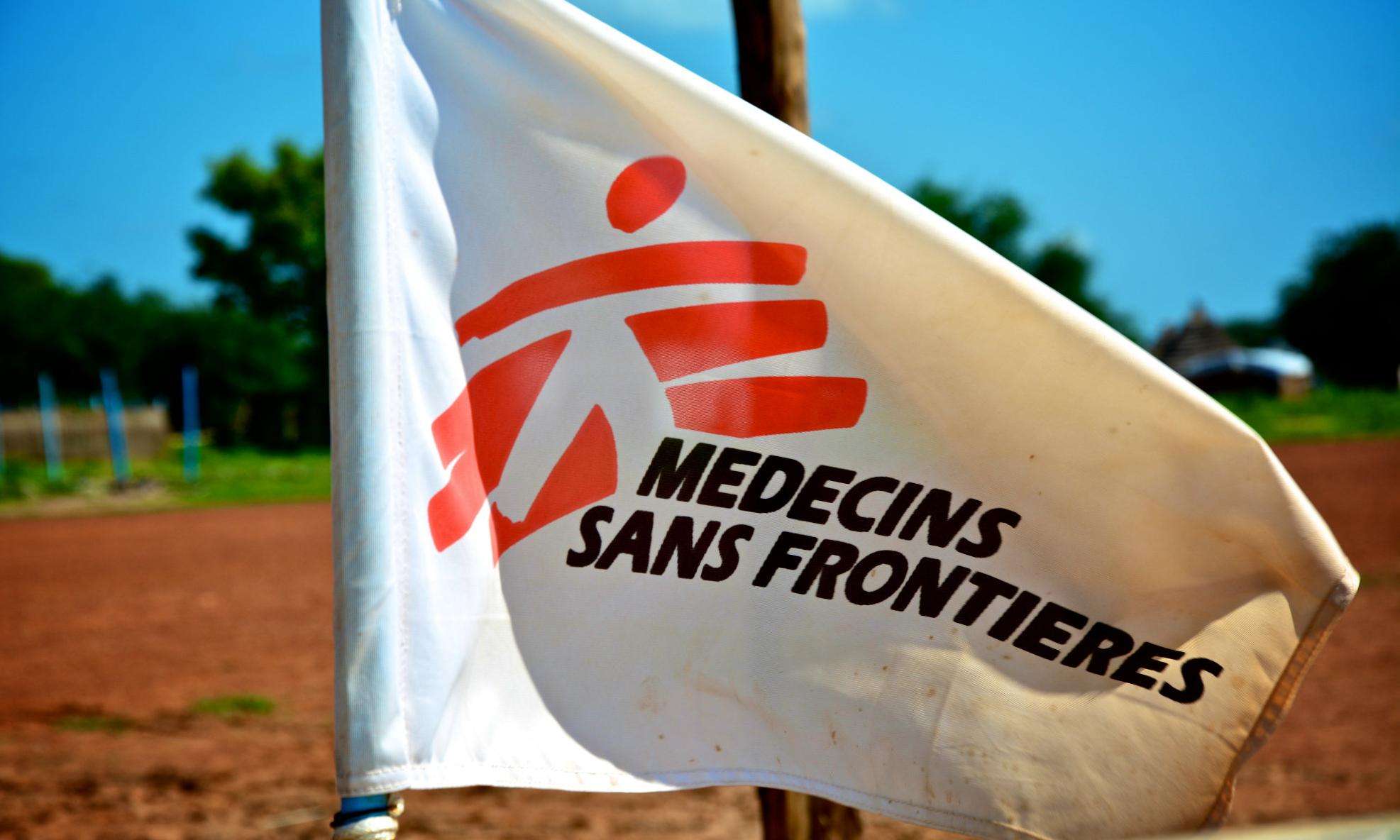Countries are running out of time to push back on US demands and ensure that people have access to the medicines they need
NEW YORK, JULY 20, 2018—Under extreme pressure from the US government, countries negotiating the final declaration text for the first-ever UN High-Level Meeting on Tuberculosis in September are now considering the removal of all references to protecting countries’ rights to take fully-legal actions to access affordable medicines, the international medical humanitarian organization Doctors Without Borders/Médecins Sans Frontières (MSF) learned today. This could have detrimental effects on people’s health all over the world as it would threaten one of the primarily tools countries have to ensure people can access low-cost versions of lifesaving medicines.
As the nearly two-month negotiations wind down in New York this weekend, one of the final sticking points remains language on public health safeguards enshrined in the World Trade Organization’s (WTO) Agreement on Trade-Related Aspects of Intellectual Property Rights (TRIPS). This allows governments, among other things, to issue “compulsory licenses” to override patents in the interest of public health. Compulsory licenses, which are allowed under international trade rules, let lower-cost versions of desperately-needed medicines to be produced or imported when a medicine is under patent so more people can receive the treatment they need.
“How is it possible that global leaders will gather for the first time to decide how to tackle the world’s most deadly infectious disease killer, and yet some countries backed by their big pharma lobbies are pushing to remove any mention of the need for vital medicines to be affordable?” said Sharonann Lynch, HIV and tuberculosis (TB) advisor for MSF’s Access Campaign. “Drug-resistant TB is a public health emergency, so clearly the world is going to need to kick the response to this disease into high gear if we want to stop senseless deaths. Blocking more affordable generic versions of safer oral medicines needed to scale up treatments for people with DR-TB will not be the way to do it.”
Talks on the TB declaration were supposed to have wrapped up by now but continued on Friday without resolution. Now, negotiators expect to be finished with the text by Monday, after which the declaration text will not be re-opened, according to plans.
The US has a history of pressuring countries to change their intellectual property rules at the expense of public health. In this case, the US government is exerting pressure on other negotiators by refusing to sign the declaration at the UN General Assembly in September if language such as paragraph (PP19), which “recognizes the importance of affordable medicines” and “urges countries to enforce intellectual property rules in ways that promote access", is included.
The “Group of 77” bloc of developing countries involved with drafting this declaration is under pressure to drop all references to the WTO’s 2001 Doha Declaration that enshrined public health flexibilities and safeguards in the TRIPS agreement. Medicines affordability and use of TRIPS flexibilities has previously been agreed upon in multiple international fora, including the UN High-Level Declaration on Antimicrobial Resistance (AMR).
“We’re appealing to all countries, including those in the Group of 77, and Brazil, Russia, India, China, and South Africa, that have a high burden of TB, to urgently stand up right now against bullying that aims to keep medicines out of the hands of your people who need treatment,” said Leena Menghaney, South Asia head for MSF’s Access Campaign. “This upcoming TB Summit is such an important opportunity to reaffirm countries’ rights to make medicines affordable for their people—don’t waste this moment.”




